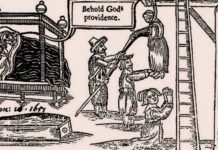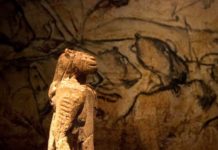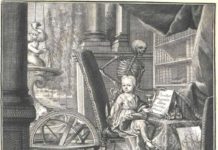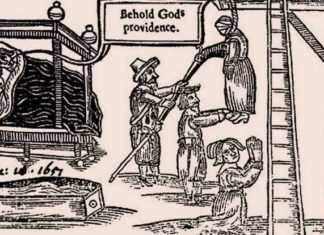
On the sixth day of February, 1721, a sickly boy was born to a prominent painter in Lubeck, a small town in modern-day Germany. The boy was called Christian Heinrich Heinecken, also known as «the infant scholar of Lübeck».
At a very early age, Christian demonstrated astounding intelligence and psychic sophistication. According to the most whimsical reports, he was speaking within hours of his birth; according to others, the accomplishment took him a few months. It is, however, agreed upon that by the age of ten months Christian was asking informed questions, and that by the end of his first year, he was familiar with the Pentateuch. By his thirtieth month Christian had read all of the Catholic canon, and was an authority in the field of sacred history. By the end of his third year, he had not only managed to master both the ancient and modern histories available to him, but had also learned old-world geography, as well as to read in Latin and French. It was also in this year that the feeble boy stopped feeding at the breast.
By his fourth year, Christian was renowned regionally for his prodigious talent. He began to study the history of the Catholic Church, and to acquaint himself with its rituals. It was in this year that the King of Denmark requested his presence in Copenhagen, probably, most historians agree, to confirm the reports of the boy’s marvelous precocity. Christian was sent off to Copenhagen and returned after a few weeks without incident, but that he became sickly on his journey.
Soon after his return to Lubeck, Christian predicted his own death, which seemed to come in reaction to the prophecy. He died on the twenty-second of June, 1725, only four months into his fifth year.
You can read about the infant scholar from Lůbeck in Russian here.
Больше информации вы можете получить на моем телеграм канале t.me/english_teacher_moscow
Больше адаптированных аудиокниг вы можете найти в моей VK группе https://m.vk.com/public26206217
Больше афоризмов и пословиц вы можете найти в моем Инстаграм профиле






























